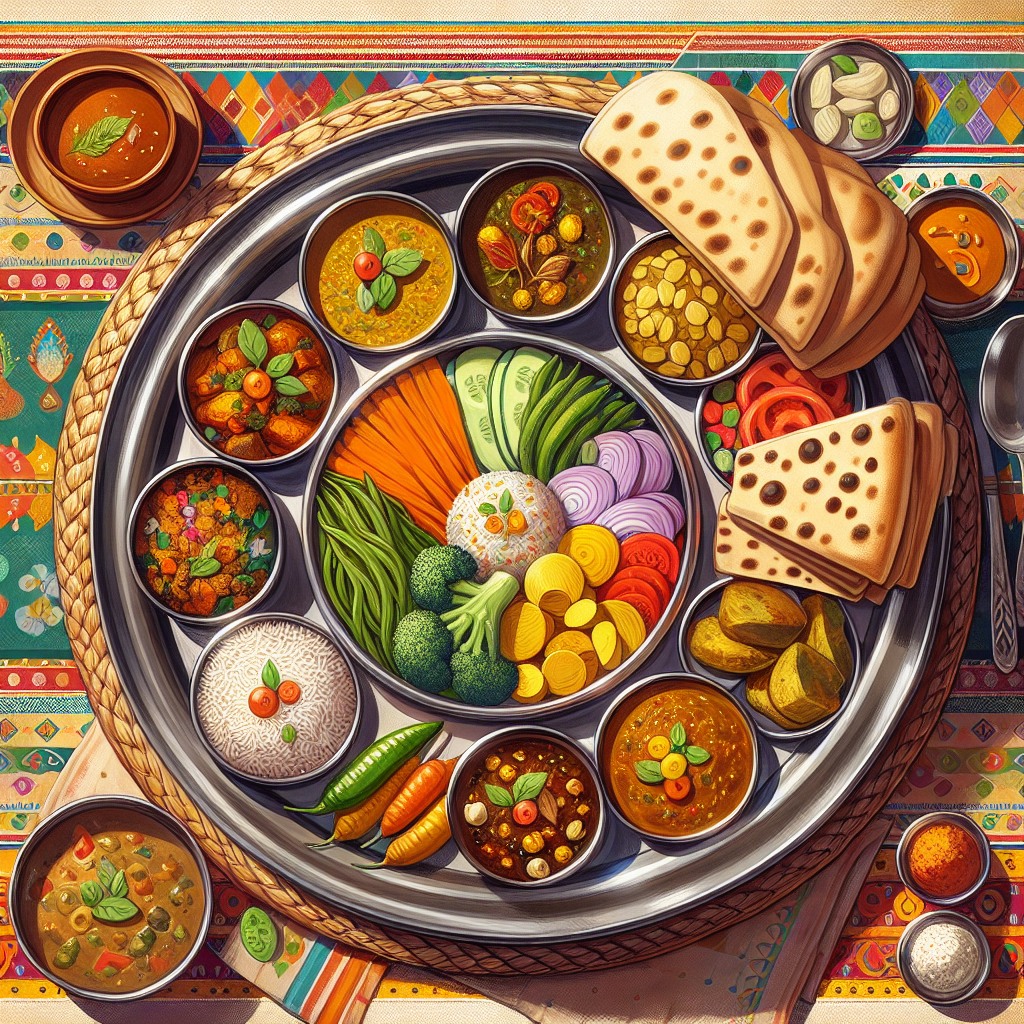Plummeting Thali Costs: A Culinary Relief for Consumers
A recent report indicates a reduction in the cost of home-cooked vegetarian and non-vegetarian thalis due to decreased vegetable prices. Key contributors to this decline include a significant drop in tomato, onion, and potato prices, coupled with a decrease in chicken prices driven by oversupply and low demand.

- Country:
- India
In an encouraging turn for consumers, the cost of both vegetarian and non-vegetarian thalis has fallen, thanks to a downturn in vegetable prices. A recent report reveals that this decrease is predominantly due to reduced prices of key ingredients such as tomatoes, onions, and potatoes.
Detailed in the 'Roti Rice Rate' report by Crisil, the cost of a vegetarian thali saw a marginal reduction from its previous rates, while the non-vegetarian thali experienced an even sharper decline. These price cuts are partly attributed to oversupply and reduced demand in the chicken market, exacerbated by sporadic bird flu outbreaks.
While the immediate future could see a rise in vegetable prices due to seasonal changes, Crisil Intelligence anticipates a slight drop in wheat and pulse prices, with rice exports expected to surge. However, increased import duties on vegetable oil and LPG cylinder prices have offset some savings on thali costs.
(With inputs from agencies.)










